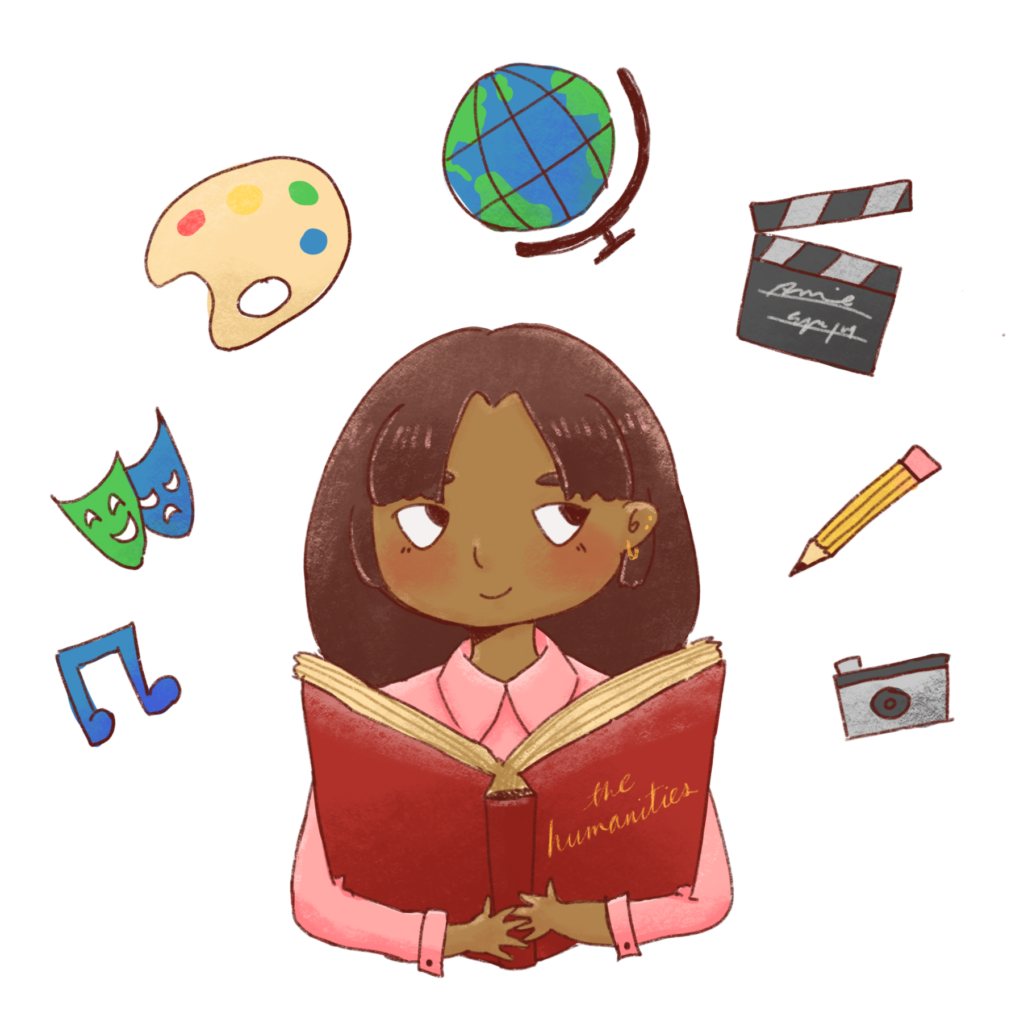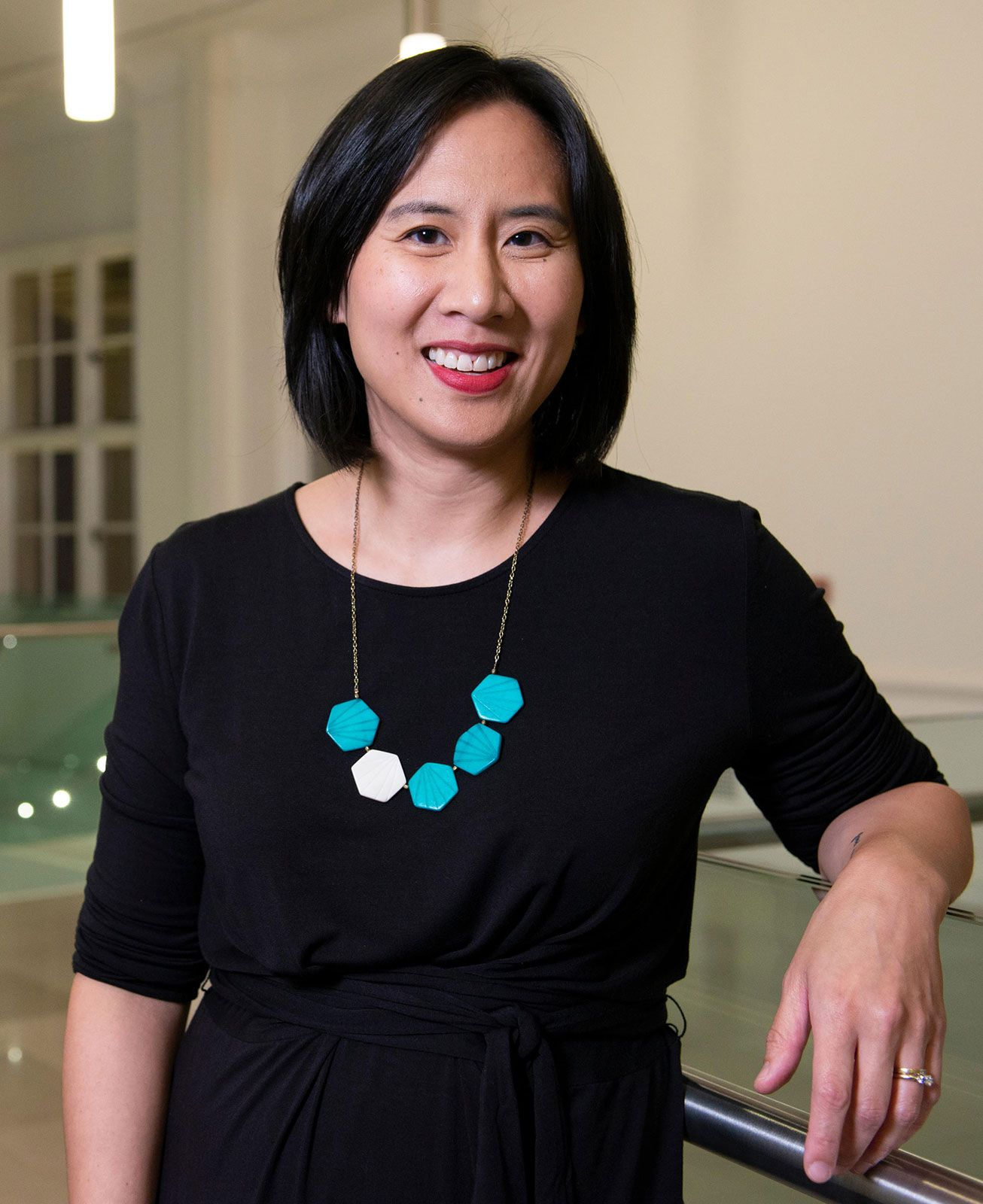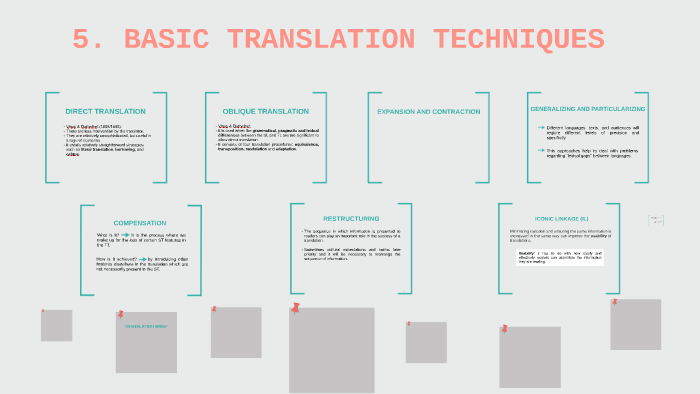Engaging first-year students in humanities is crucial to revitalizing their perception of the arts and humanities. As universities face a troubling trend of declining enrollment in these areas, innovative introductory humanities courses can illuminate the value of humanities education to new college students. Recent studies highlight that nearly half of first-year college students initially interested in humanities shift their focus by the time they declare their concentrations. With the introduction of modern and thought-provoking courses, educators aim to captivate the interest of first-year students and challenge preconceived notions about the significance of arts and humanities initiatives. Ultimately, these efforts strive not just to attract students, but to inspire a lifelong appreciation for the diverse and profound insights offered by a humanities education.
Captivating novice learners in the field of humanities is essential for fostering their interest in art, literature, and philosophy during their formative college years. The declining participation rates in these disciplines pose significant challenges, making it vital for educators to refresh their approach to introductory programs. By reimagining how they present introductory humanities courses, academic institutions can rekindle interest in young scholars embarking on their educational journeys. This initiative aims to highlight the importance and relevance of the humanities in understanding human experiences, thus aligning with broader arts and humanities initiatives designed to enrich students’ academic lives. By addressing contemporary issues while emphasizing critical thinking and creativity, these courses seek to affirm the significance of a well-rounded humanities education.
Understanding the Value of Humanities Education
The value of humanities education extends far beyond the classroom. It equips students with essential skills such as critical thinking, cultural awareness, and ethical reasoning. A strong foundation in humanities prepares first-year college students to navigate complex societal challenges and engage with diverse perspectives. By exploring history, literature, philosophy, and the arts, students develop a deeper understanding of humanity’s shared experiences, which can inform their decision-making and foster empathetic relationships. This understanding is critical in today’s increasingly interconnected world.
Additionally, the intrinsic value of humanities education lies in its ability to spark curiosity and a lifelong love of learning. Courses that emphasize creativity, critical engagement, and cultural inquiry resonate with students on a personal level. For many, the humanities become a lifelong pursuit, enriching their lives and empowering them to contribute positively to society. As organizations recognize the significance of arts and humanities initiatives in education, a renewed focus on these subjects is crucial in reversing the trend of declining enrollment in these enriching fields.
Engaging First-Year Students in Humanities
Engaging first-year students in humanities courses requires innovative approaches that resonate with their interests and backgrounds. The introduction of nine new courses, as part of an initiative led by Dean Sean Kelly, aims to achieve just that. By addressing the gap between students’ initial enthusiasm and their eventual change in concentration, these courses focus on contemporary themes that students can relate to. For instance, courses like “Migration and Border Crossing in Film and Photography” tap into relevant social issues, fostering critical discussions that appeal to new students.
Moreover, creating an environment where first-year students feel welcome and invested in their studies is essential. By showcasing the real-world applications of humanities disciplines and their relevance in understanding human experiences, educators can transform how students perceive these subjects. Courses that encourage participation, such as collaborative projects and creative explorations, allow students to connect their personal narratives with academic content, ultimately enhancing their commitment to the humanities throughout their college journey.
Innovative Approaches to Introductory Humanities Courses
To combat declining enrollment in introductory humanities courses, universities are rethinking curricular structures and content. The introduction of innovative courses that blend traditional literary themes with contemporary issues is instrumental in attracting students. For example, the popularity of courses that explore the intersection of culture, technology, and society demonstrates a shift towards relevance and applicability. Such courses provide first-year students with a unique perspective on the value of humanities education, making it more appealing and engaging.
Furthermore, combining creative writing with critical reading serves to engage students in a holistic educational experience. By integrating disciplines, courses encourage students to not only consume literature but also create narratives that reflect their understanding of the world. This pedagogical shift fosters an appreciation for the arts and humanities, instilling a sense of purpose and curiosity in students, which is vital for retaining interest and maintaining enrollment in these areas.
The Impact of Arts and Humanities Initiatives
Arts and humanities initiatives play a crucial role in revitalizing interest in these fields among first-year college students. By implementing new courses that broaden the scope of humanities education, institutions aim to highlight the cultural, ethical, and philosophical elements that define human existence. Such initiatives not only enhance course offerings but also contribute to a more vibrant campus culture that values diverse perspectives and creative expression.
Moreover, these initiatives can counteract the challenges posed by declining enrollment in arts and humanities. Engaging students through dynamic curricular changes and stimulating discussions can reignite their passion for these subjects. As first-year students find deeper connections with the material, they are more likely to retain their interests and pursue further studies within the humanities, thereby ensuring the sustainability of these essential educational fields.
Challenges Faced by Introductory Humanities Courses
Introductory humanities courses face significant challenges in maintaining student enrollment and interest. One major hurdle is overcoming the historical context of the ‘Canon Wars,’ which complicated the appeal of foundational texts. As debates around what constitutes ‘great literature’ emerged, many students felt disconnected from traditional curricula. To address this, educators must adapt course materials to reflect contemporary issues and emerging literary voices that resonate with today’s students.
Another challenge is the need to demonstrate the practical applications of a humanities education. Many students are increasingly focused on career-oriented programs, which often leads them to overlook the benefits that humanities can provide. By showcasing the critical thinking and communication skills developed through these courses, educators can help students recognize the significance of the humanities in various career paths, ensuring these courses remain relevant and attractive to incoming first-year students.
The Role of Faculty in Shaping Humanities Education
Faculty play a pivotal role in shaping the trajectory of humanities education for first-year college students. Their expertise, passion, and innovative approaches in course design directly influence students’ engagement and retention in these fields. As seen in the reflective work of faculty members at Harvard, a commitment to making concepts accessible and relatable can transform students’ experiences in the humanities. Educators who adapt their teaching methods to include contemporary themes and diverse perspectives contribute significantly to fostering a culture of inquiry.
Moreover, faculty-led discussions and mentorship can create a supportive learning environment that encourages exploration and intellectual curiosity. As professors collaborate in designing interdisciplinary courses and teaching methods that merge critical and creative studies, they inspire students to view humanities as a valuable and integral part of their academic journey. This faculty commitment is essential to combat declining enrollment and rejuvenate a vibrant interest in the arts and humanities.
The Future of Humanities in Higher Education
The future of humanities education in higher education depends on a proactive approach to curriculum development and engagement strategies. As institutions recognize the importance of arts and humanities initiatives, there is a shift toward creating more inclusive and innovative course offerings. This evolution aims to not only attract first-year students but also retain their interest throughout their academic careers. Emphasizing the relevance of humanities in addressing contemporary societal issues is crucial for fostering student engagement.
Additionally, as the educational landscape continues to evolve with technology and changing cultural contexts, humanities programs must adapt to remain vital. By integrating digital humanities and encouraging collaborative projects, educators can create dynamic learning environments that resonate with today’s students. Emphasizing the lasting impact and importance of humanities education will ensure these programs thrive, ultimately enriching students’ academic experiences and preparing them for diverse futures.
Transformational Learning Through Humanities
Transformational learning in humanities courses is essential for fostering critical thought and personal growth among students. By engaging with profound questions of existence, ethics, and creativity, first-year college students can develop a richer understanding of themselves and the world around them. This process not only enhances their academic journey but also cultivates empathy and social awareness, vital components in today’s global society.
Through thoughtful exploration of texts, discussions, and collaborative projects, humanities courses encourage students to challenge their assumptions, expand their viewpoints, and become active contributors to discourse. The transformative nature of humanities education lies in its ability to connect students deeply with the material, ultimately leading them to recognize the intrinsic value of studying arts and humanities—a vital part of the human experience.
Incorporating Technology in Humanities Education
Incorporating technology into humanities education presents new opportunities for engaging first-year students. As digital platforms become integral to learning, educators can leverage tools like multimedia presentations, virtual discussions, and interactive assignments to enhance traditional approaches. These innovations attract tech-savvy students and allow creative exploration of humanities topics that align with their interests and future career aspirations.
Furthermore, technology can facilitate access to a broader range of resources, including digital archives, online galleries, and interactive tutorials. By utilizing these tools, students can engage with diverse perspectives and cultural artifacts that enrich their understanding of humanities. This approach not only modernizes the curriculum but also fosters a collaborative learning environment that encourages students to connect with the material in meaningful ways, reinforcing the relevance and value of humanities education in the digital age.
Frequently Asked Questions
How can introductory humanities courses engage first-year college students effectively?
Engaging first-year college students in humanities can be achieved by designing introductory courses that align with their interests and real-world experiences. By incorporating contemporary themes, interactive learning methods, and diverse media, educators can ignite curiosity and highlight the relevance of the humanities in understanding human existence and culture.
What are the benefits of engaging first-year students in arts and humanities initiatives?
Engaging first-year students in arts and humanities initiatives fosters critical thinking, creativity, and cultural awareness. By participating in these initiatives, students can develop a deeper appreciation for human expression and analytical skills essential for various career paths, thereby addressing the declining enrollment in arts programs.
How does the declining enrollment in arts impact first-year students’ educational choices?
The decline in enrollment in arts and humanities can discourage first-year students from pursuing these fields, leading to a lack of exposure to valuable perspectives on culture and society. This decline emphasizes the need for innovative introductory courses that showcase the intrinsic value of humanities education and retain student interest.
What strategies are being implemented to attract first-year students to the humanities?
To attract first-year students to the humanities, colleges are introducing engaging, thematic courses that connect with the students’ experiences and interests. Initiatives focus on interactive learning, integrating technology, and addressing contemporary societal issues, promoting a transformative educational experience in the arts and humanities.
Why is understanding the value of humanities education crucial for first-year students?
Understanding the value of humanities education is crucial for first-year students as it enriches their critical thinking and provides insights into diverse cultures and philosophies. Recognizing the relevance of humanities can empower students to approach their studies with a broader perspective, enhancing their academic journey and personal development.
What role do professors play in engaging first-year students in humanities courses?
Professors play a pivotal role in engaging first-year students in humanities courses by designing relevant curricula, fostering open discussions, and employing innovative teaching methods. Their ability to connect course content with students’ interests enhances motivation and fosters a deeper understanding of the disciplines.
How can storytelling in humanities courses benefit first-year students?
Storytelling in humanities courses can greatly benefit first-year students by enabling them to relate personal experiences to broader cultural narratives. This practice enhances their analytical skills, encourages empathy, and enriches their understanding of different perspectives, ultimately leading to a more profound appreciation of the humanities.
In what ways can introductory courses highlight the intrinsic value of the humanities to first-year students?
Introductory courses can highlight the intrinsic value of the humanities by focusing on timeless themes of human experience, encouraging critical self-reflection, and fostering an appreciation for diverse forms of expression. Such approaches can help first-year students see humanities as essential for understanding their world.
What are some innovative course offerings for first-year students in the humanities?
Innovative course offerings for first-year students in the humanities include classes like ‘Introduction to the Medical and Health Humanities’ and ‘Humanity, Technology, and Creation.’ These courses address contemporary issues and encourage students to explore the relevance of humanities in today’s society, making learning more engaging.
| Key Points |
|---|
| Initiative to engage first-year students in the arts and humanities through new introductory courses. |
| Nine new courses launching in the 2025-2026 academic year at Harvard. |
| High demand for courses in Art, Film & Visual Studies, Theater, Dance & Media, and creative writing. |
| Focus on understanding the intrinsic value of the humanities rather than their practical applications. |
| Emphasis on ‘great works’ but with an aim to explore fundamental human questions. |
| Courses designed to build foundational knowledge comparable to gateway courses in other disciplines. |
| Collaboration between critical reading and creative writing within courses. |
| Dean Sean Kelly’s goal to foster a welcoming and engaging culture in humanities for newcomers. |
Summary
Engaging first-year students in humanities can inspire a lifelong appreciation for the rich tapestry of arts and culture. As new initiatives unfold, understanding the intrinsic value of humanities not only enhances students’ intellectual pursuits but also personal growth. From innovative courses that delve into literature, philosophy, and visual arts, first-year students have limitless opportunities to explore profound questions about human experience. By participating in these thoughtfully designed classes, students can discover their passions, develop critical thinking, and connect with the narratives that shape our lives, all while fostering a vibrant community within the humanities.



